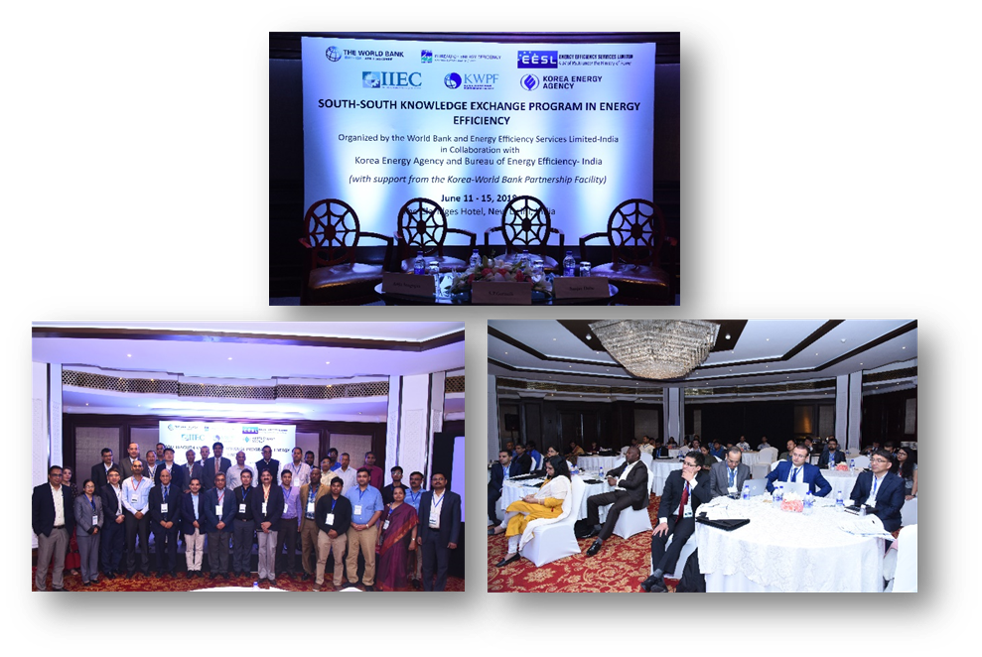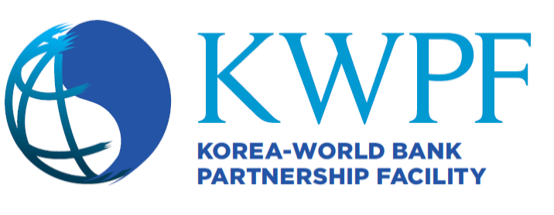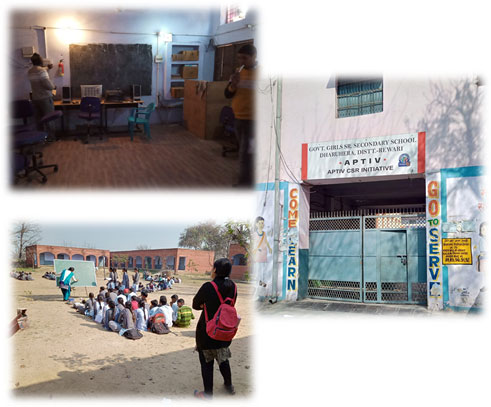In India since 2017, The Global Environment Facility (GEF) is supporting Energy Efficiency Services Limited (EESL), for the project ‘Creating and Sustaining Markets for Energy Efficiency’ under its GEF-6 cycle. Under this project, the United Nations Environment Programme (UNEP) & Asian Development Bank (ADB) are the implementing agencies and EESL is the executing agency. The objective of this GEF project is to reduce greenhouse gas (GHG) emissions through energy efficiency by scaling up existing and new technology applications. The project was started in 2018, comprising of three components viz,
Component 1 (Concluded in 2022): Expanding and Sustaining investments in existing market sectors: Supports certain portion of EESL’s existing targets for installation of energy efficient Street Lights, Domestic Lights, 5-star Ceiling Fans & Agricultural pumps.
Component 2 (Ongoing): Building Market Diversification: Development & implementation of new business models through installation of new technologies such as super-efficient ACs, tri-generation technologies, energy efficient motors, waste heat recovery systems, BLDC fans, Chillers, district cooling system, etc.
Component 3 (Ongoing): Replication & Scaling Up: Developing a long-term growth strategy based on collected lessons, experiences etc. from the above-mentioned components and achieving a target of a USD 300 million investments across all technology areas through innovative ways of financing like an Energy Efficiency Revolving Fund (EERF).
Since the start of 2024. The International Institute for Energy Conservation (IIEC) was engaged as the ‘Technical Executing Agency’ to support EESL in carrying out the project activities under the UNEP managed component of the project. As the activities under Component 1 have been completed, therefore currently the focus is on activities under Components 2 & 3.
Funding Agency: Global Environment Facility (GEF)
Implementing Agency: United Nations Environment Programme (UNEP)
Executing Agency: Energy Efficiency Services Limited (EESL)
Co-executing Agency: International Institute for Energy Conservation (IIEC)
Related Articles: IIEC Bids & RFPs under this project

 collaborative platform to provide opportunities to South Asia Region (SAR) countries for knowledge exchange and learning in order to enhance their capacity to deliver energy efficiency (EE) and Demand Side Management (DSM) programs in their respective countries. The program was funded by the World Bank and organized by Energy Efficiency Services Limited (EESL), India in collaboration with Korea Energy Agency (KEA) and the Bureau of Energy Efficiency (BEE), India with support from the Korea-World Bank Partnership Facility (KWPF).
collaborative platform to provide opportunities to South Asia Region (SAR) countries for knowledge exchange and learning in order to enhance their capacity to deliver energy efficiency (EE) and Demand Side Management (DSM) programs in their respective countries. The program was funded by the World Bank and organized by Energy Efficiency Services Limited (EESL), India in collaboration with Korea Energy Agency (KEA) and the Bureau of Energy Efficiency (BEE), India with support from the Korea-World Bank Partnership Facility (KWPF).
 Energy Efficiency
Energy Efficiency Project Description:
Project Description:
